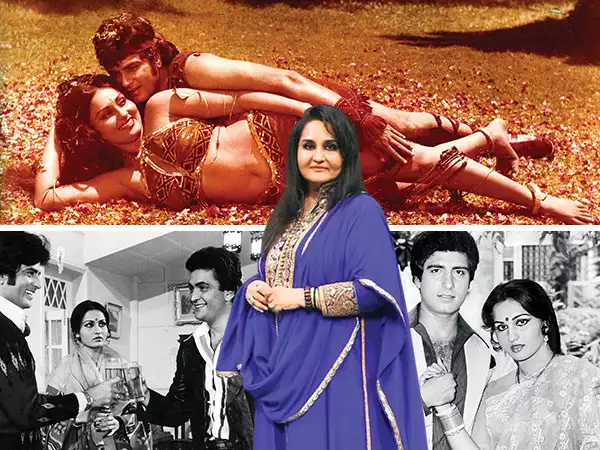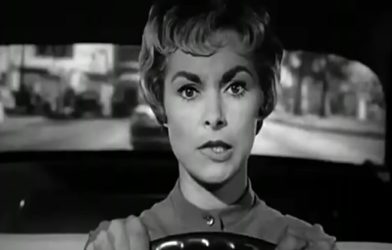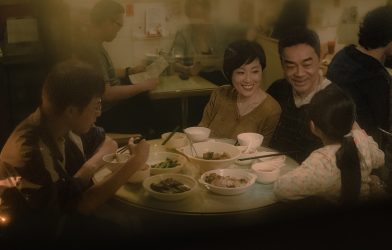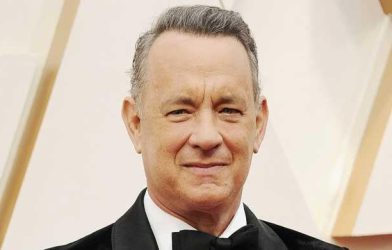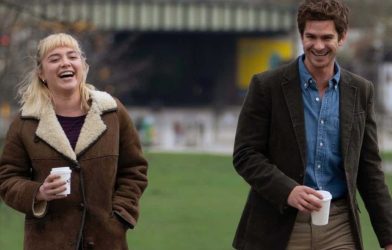Amidst a starry ensemble, young Reena Roy cast a spell on audiences with her serpentine turn in and as Nagin. Passion and poison; hers was serious sensuousness… Tere sang pyaar main being the siren call. The fact that the film spawned a series of icchadari nagin protagonists, including Sridevi’s Nagina, Nigahen, Naag Shakti, and Ekta Kapoor’s small-screen sequels, is only a tribute to the sharbati’-eyed Reena. Working her way resolutely along marquee queens Hema Malini, Zeenat Aman, and Rekha, piquant Reena filled the void left behind by Mumtaz. If her pout inspired lip-gloss catalogues, her dark eyes prompted a kohl revival. Decades later, her numbers were, Aa dekhein zara (Rocky), Disco station (Hathkadi), Nisha nisha (Sanam Teri Kasam), Sheesha ho ya dil ho (Aasha), serenading her razzmatazz, replaying on the airwaves and in talent hunts.
In matters of the heart, she’s lived it full-throttle. A widely-reported romance with Shatrughan Sinha and a headline-grabbing marriage with Pakistani cricketer Mohsin Khan… Reena meant news. But much like her ever-smiling countenance, she remained unruffled. That Sinha, in his memoir, Anything But Khamosh: The Shatrughan Sinha Biography, has spoken about her with indisputable decorum only speaks of the respect she commands. Wrapped in the same politesse is her bond with her ex-husband, Mohsin. “It’s all pehle janam ka lena dena. You’re destined to achieve certain things. I want to be reborn as Reena Roy and quit
Nothing grabbed more newsprint than her smouldering screen vibe with Shatrughan Sinha and the subsequent rumours linking them. Paired in 16 films, they gave several hits, including Milap, Kalicharan, Chor Ho To Aisa and Vishwanath. “I was linked up with everyone. Rumours never disturbed me. Shatruji’s a nice person. He had a different attitude in the way he talked and walked. Our films worked. So people made rai ka pahaad (mountains out of a molehill). He was committed. He has a wonderful family and a lovely daughter (Sonakshi Sinha),” she says with palpable respect. Regarding the goodwill she enjoys from all her co-actors, she says, “When you don’t harm anyone, when you don’t step on anyone’s tail, why should they talk ill about you?”
Ask her why she keeps a low profile while her peers have taken to social media and she says, “We were brought up believing, ‘Aam (common) hai to charm nahi hai.’ But today, charm hai jab aap aam hai. I believe there should be a mystery around you,” she says, adding that she’s very much the same person. “The only change in me is that I am a mother and a responsible one. Otherwise, I am the same person.” What gives her such composure? “My mother believed that nothing is constant in life and we must stay grounded. That kept me sane. I’m deeply committed to my family—my sisters (Barkha and Anju) and my brother (Raja). I’d choose them over anything else.” Any words of wisdom? “Meri jaan, stay away from Jhanjhat!”

